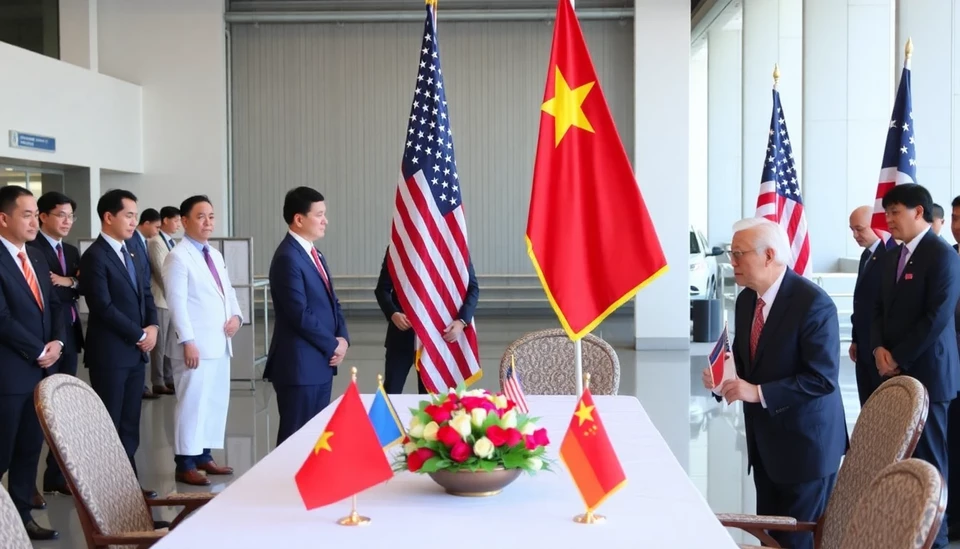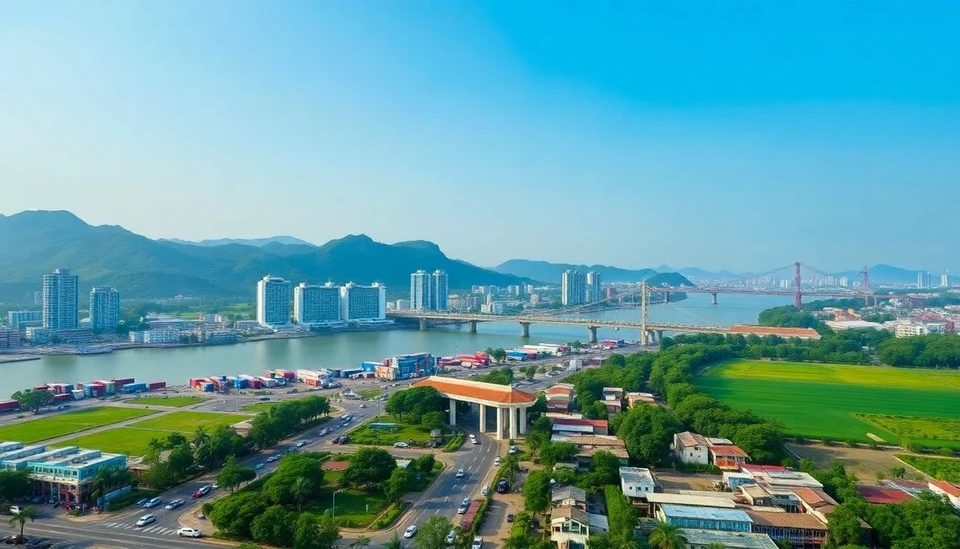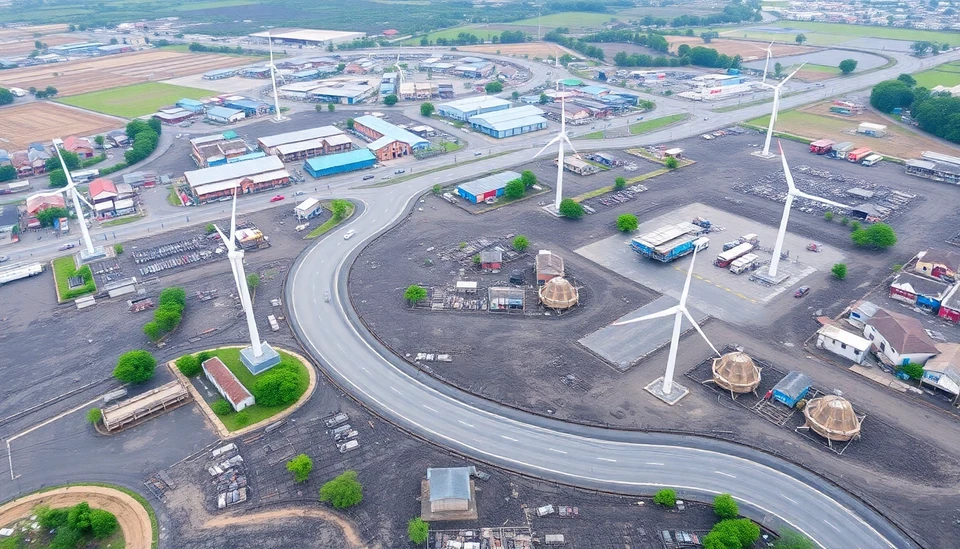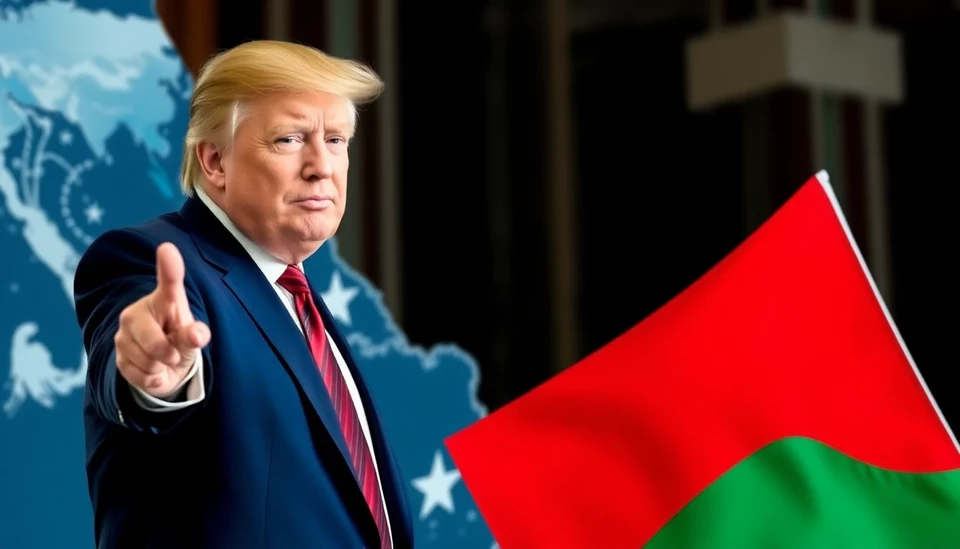
In a bold move to stimulate its economy and draw overseas investors, Vietnam has announced a series of strategic tax breaks and fee reductions aimed at creating a more hospitable business environment. This initiative, set to launch in the coming fiscal year, is positioned to enhance the country’s appeal as a competitive destination in Southeast Asia amidst global economic fluctuations.
The Vietnamese government recognizes that increasing foreign direct investment (FDI) is crucial for its economic recovery and growth, especially considering the impact of recent global events, including the pandemic and geopolitical tensions that have reshaped trade dynamics. By implementing these incentives, Vietnam aims not only to attract new foreign businesses but also to encourage existing foreign investors to expand their operations within the country.
Among the key features of the proposed tax incentives is the reduction of corporate income tax rates for certain sectors and increased exemption periods for new companies setting up operations in Vietnam. This will particularly benefit enterprises in high-priority industries such as technology, green energy, and sustainable agriculture, which align with the government's long-term development goals.
Simultaneously, the government plans to introduce administrative reforms intended to lower the fees associated with company registrations and licensing processes. This restructuring aims to alleviate the bureaucratic burdens that often deter foreign investors and to facilitate smoother operations for businesses already established in Vietnam.
Insights reveal that Vietnam's robust labor force, coupled with its strategic location within Asia, positions it as a gateway for trade and investment. The government’s latest measures are expected to fortify this proposition by enhancing market access and encouraging technology transfer from more developed countries.
Economic analysts have generally welcomed these developments, highlighting the potential to significantly enhance Vietnam's competitiveness in attracting global investment. Some experts believe that with these reforms, Vietnam may emerge as one of the most attractive investment destinations as companies look to diversify their supply chains away from current manufacturing hubs.
However, the effectiveness of these incentives will largely depend on their implementation and the ability of the Vietnamese government to mitigate existing challenges such as infrastructure bottlenecks and regulatory transparency. Stakeholders closely monitor these factors as they could significantly influence the overall success of foreign investments in the coming years.
In conclusion, Vietnam's proactive approach to economic revitalization through tax breaks and reduced fees signifies a substantial commitment to attracting foreign investments, which is essential for sustaining its growth trajectory in the ever-evolving global market landscape.
#Vietnam #ForeignInvestment #EconomicGrowth #BusinessReforms #TaxBreaks #SoutheastAsia #Trade #FDI
Author: Daniel Foster




